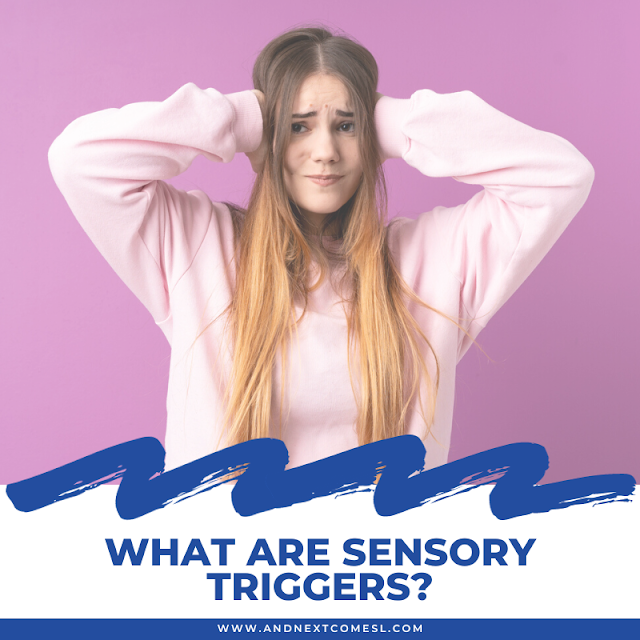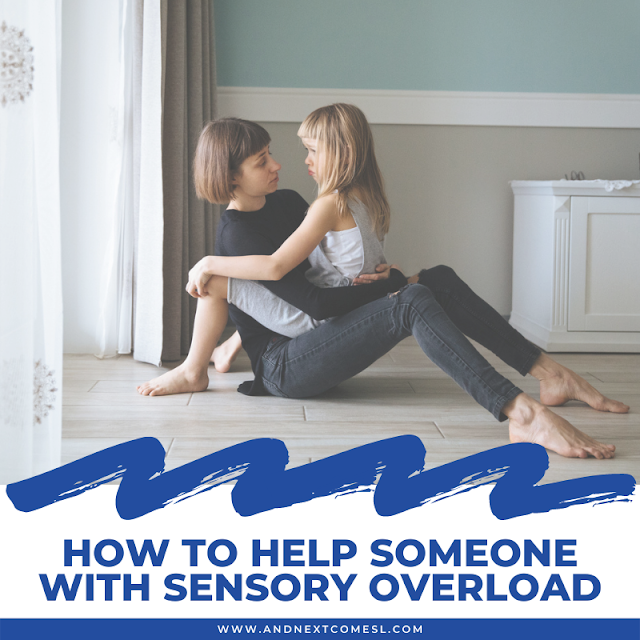If you have an autistic child or are autistic yourself, it's important to know what autism meltdowns are, how they're different from tantrums, and how to cope with or manage meltdown experiences.
And that's where these resources and tips about autism meltdowns come in.
Not only will you learn the basics of meltdowns, but you'll also find practical strategies, tips, and printables to help support individuals through various stages.
So, whether you're looking for preventative strategies, recovery strategies, or ideas for handling things in the moment, then you're in the right spot. There are lots of sensory meltdown resources below to help!
This post contains affiliate links. Basically, I make a small commission when you use these links, at no additional cost to you.
The Basics of Sensory Overload & Autism Meltdowns: What You Need to Know
Before we get into the details of how to deal with autistic meltdowns and explore different strategies, t's first important to understand the basics of autism and sensory meltdowns.
For instance, that includes learning about the differences between meltdowns and tantrums, knowing the signs of sensory overload, and identifying sensory triggers. And that's what you'll find in this section.
Preventative Strategies
The resources in this section are all about things you can do to help prevent or reduce the likelihood of an autism meltdown or sensory overload. It includes things like identifying triggers, creating a sensory-friendly environment, developing a sensory diet, putting together a calm down kit, building a predictable routine, and so much more.
You'll find social stories, printables, practical tips, and more below.
-
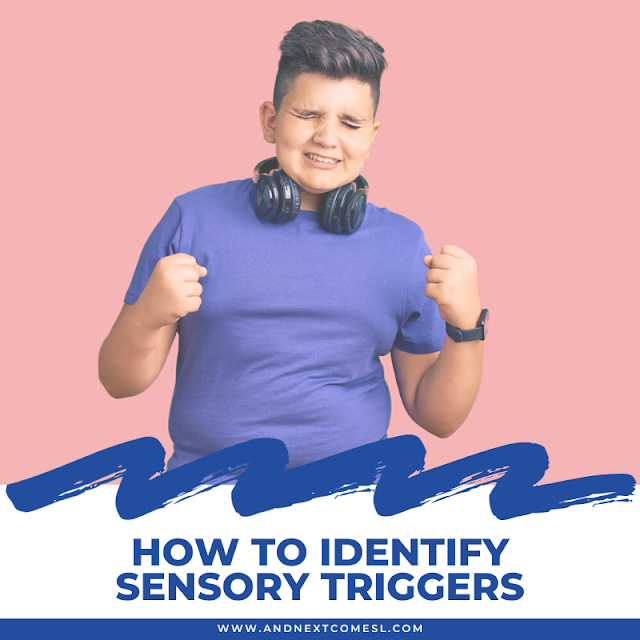
HOW TO IDENTIFY SENSORY TRIGGERS
-

TALKING TO KIDS ABOUT SENSORY TRIGGERS
-

SENSORY TRIGGERS IN THE CLASSROOM
-
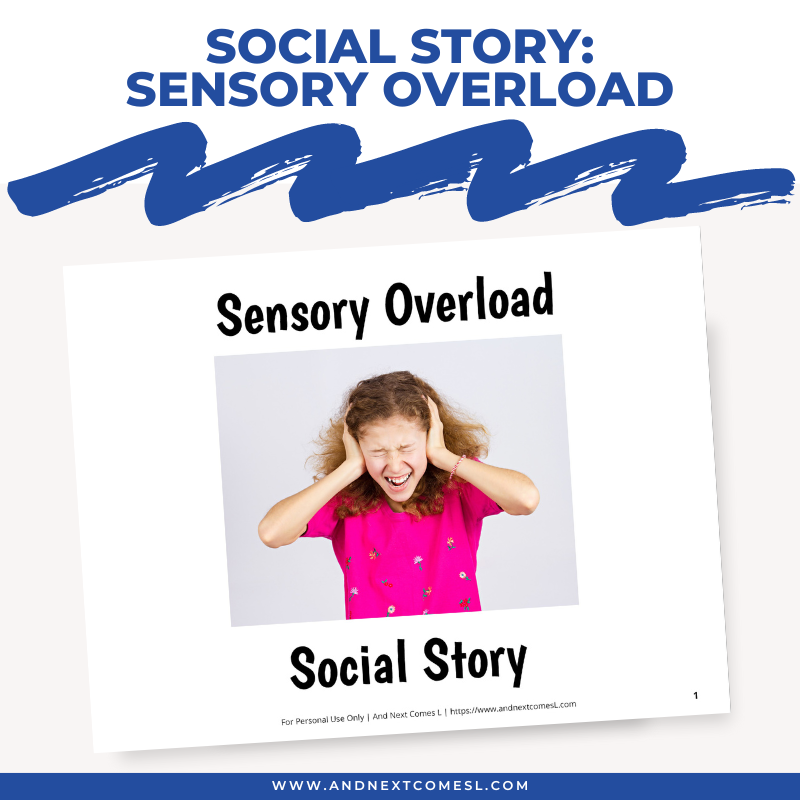
SENSORY OVERLOAD SOCIAL STORY (EDITABLE)
-
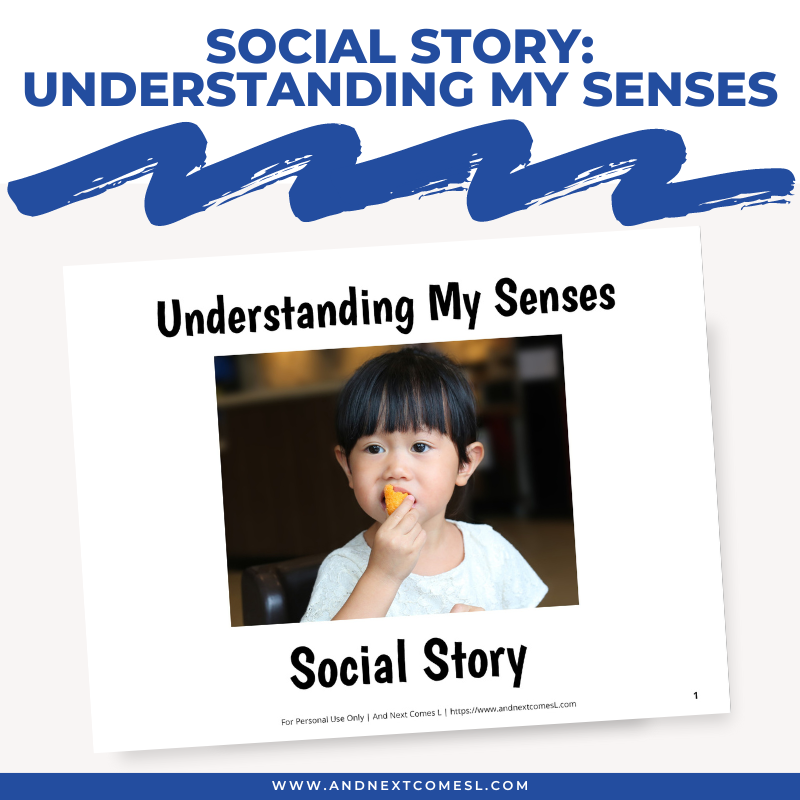
UNDERSTANDING MY SENSES SOCIAL STORY (EDITABLE)
-

SENSORY TRIGGERS SOCIAL STORY (EDITABLE)
-

MY SENSORY TOOLS SOCIAL STORY (EDITABLE)
-

USING A CALMING CORNER SOCIAL STORY (EDITABLE)
-

LISTENING TO MY BODY SOCIAL STORY (EDITABLE)
-

TAKING A SENSORY BREAK SOCIAL STORY (EDITABLE)
-

SELF-ADVOCACY SOCIAL STORY (EDITABLE)
-
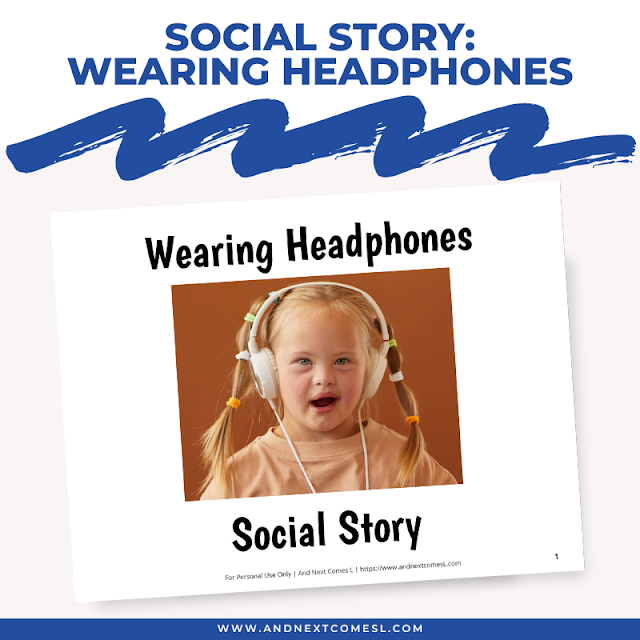
WEARING HEADPHONES SOCIAL STORY (EDITABLE)
-

USING A WEIGHTED BLANKET SOCIAL STORY (EDITABLE)
-
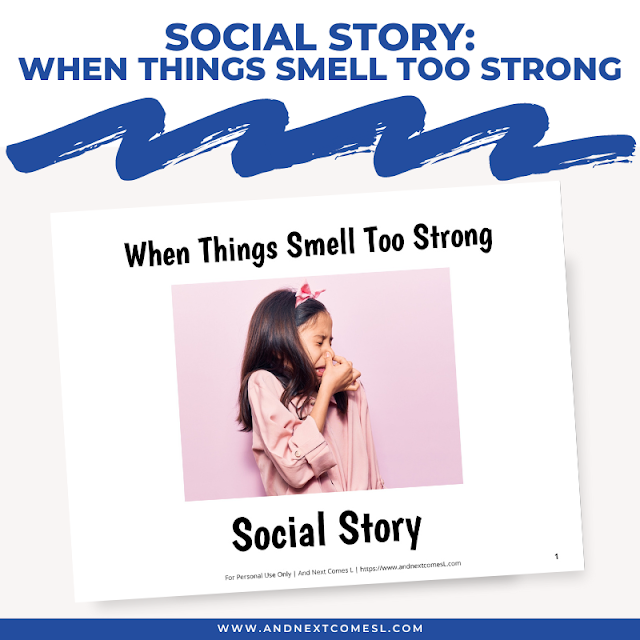
WHEN THINGS THINGS SMELL TOO STRONG SOCIAL STORY (EDITABLE)
-

WHEN THINGS ARE TOO BRIGHT SOCIAL STORY (EDITABLE)
-

FREE LOUD NOISES SOCIAL STORY
-

WHAT IS A SENSORY ROOM?
-

WHAT IS A SENSORY DIET?
-

VISUAL SCHEDULES & ROUTINE CHARTS
-

FREE DEEP BREATHING SOCIAL STORY
-

HOW TO CREATE A CALM DOWN CORNER
-

BEST HOMEMADE CALM DOWN KITS
-

DIY TRAVEL CALM DOWN KIT
-

FREE VISUAL SCHEDULE ACTIVITY PLANNER
-

FREE CALM DOWN KIT PRINTABLES
-

FREE CALM DOWN STRATEGIES STORY
-

100 CALM DOWN STRATEGIES FOR KIDS
-

CALM DOWN TOOLS FOR OLDER KIDS
-

CALM DOWN TOOLS FOR KIDS
-

CHRISTMAS CALM DOWN KIT
-

FREE WORRY JAR PRINTABLE
-

FREE ANGER BUTTONS PRINTABLE
In-the-Moment Strategies
The following resources are practical tools, printables, tips, and resources that are designed to be used when experiencing an autism meltdown or sensory overload.
You'll find tips for parents/caregivers, calm down techniques, deep breathing posters, emotion charts, and resources regarding alternative forms of communication.
-
HOW TO HELP SOMEONE WITH SENSORY OVERLOAD
-

FREE SELF ADVOCACY SCRIPTS
-

FREE ASKING FOR HELP SOCIAL SCRIPTS
-

FREE PRINTABLE CALM DOWN CARDS
-
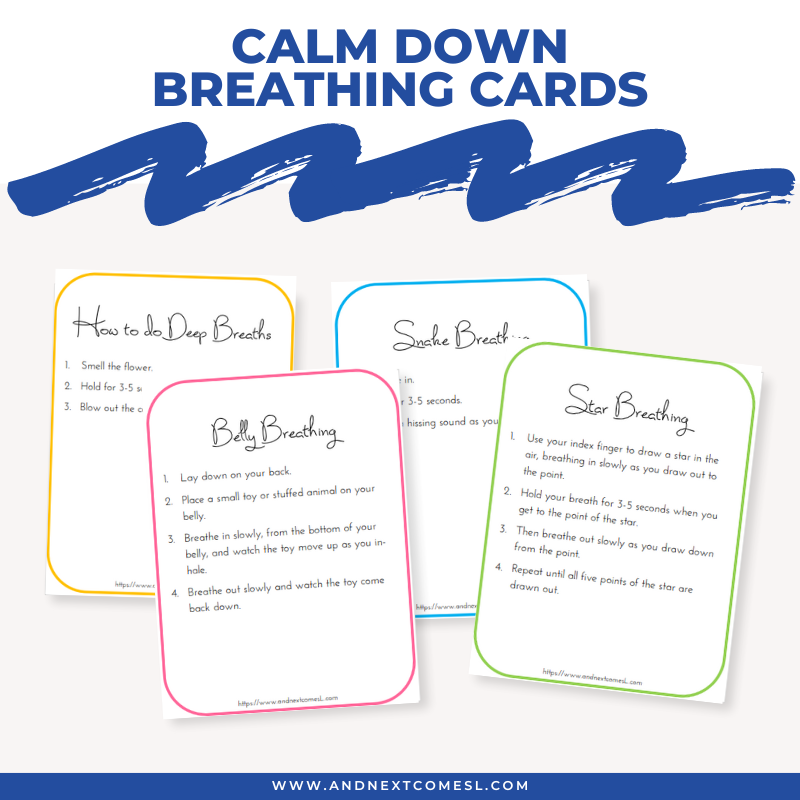
CALM DOWN BREATHING CARDS
-

FREE LEGO EMOTIONS CHART
-
FREE HEART THEMED FEELINGS CHART
-

PUMPKIN THEMED EMOTIONS CHART
-

FREE ? BLOCK DEEP BREATHING POSTER
-

SHAMROCK BREATHING
-

COCONUT TREE BREATHING
-
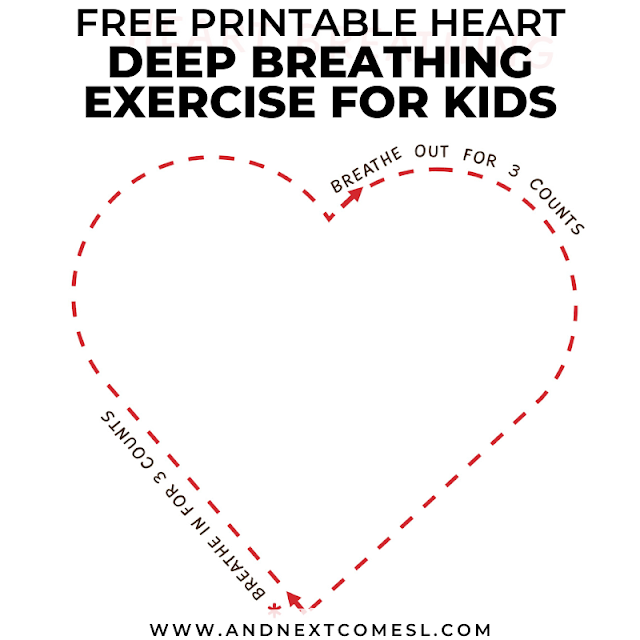
HEART BREATHING
-

SNOWMAN BREATHING
-

WINTER HAT BREATHING
-

SANTA HAT BREATHING
-

GINGERBREAD BREATHING
-

CHRISTMAS TREE BREATHING
-

CHRISTMAS WREATH BREATHING
-

CHRISTMAS BELL BREATHING
-

CHRISTMAS GIFT BREATHING
-

CANDY CANE BREATHING
-

HOLLY DEEP BREATHING
-

FALL LEAF BREATHING EXERCISE
-

GHOST BREATHING EXERCISE
-

HALLOWEEN BREATHING EXERCISE
-

CHRISTMAS FIDGET TOYS
-

DIY POKEMON STRESS BALLS
-

DIY SNOWMAN STRESS BALLS
-
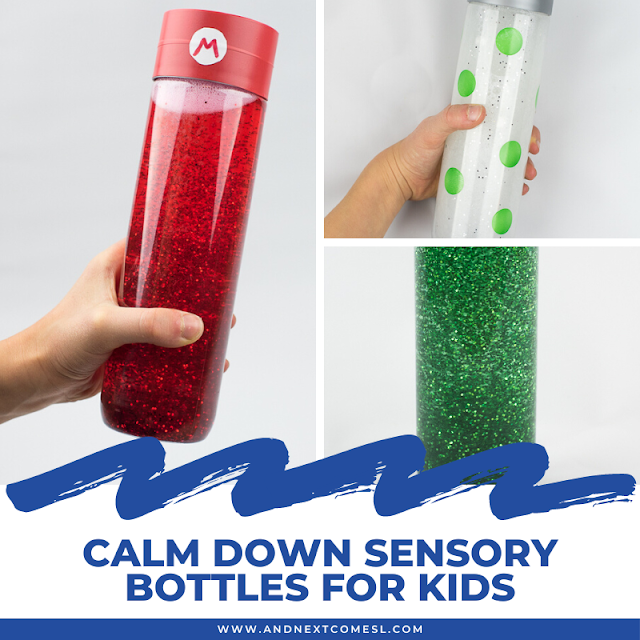
DIY FIDGET TOYS
-

DIY CALM DOWN BOTTLES
Post-Meltdown & Recovery Strategies
After a meltdown has occurred, it's important to get some rest and recover. It's also a good idea to take some time to reflect on triggers and responses and evaluate what worked and what didn't.
I've included some free printable worry tracker worksheets, which you could modify to be a sensory trigger or meltdown reflection journal of sorts.
Navigating sensory overload and autism meltdowns can be overwhelming and exhausting. The hope is that these resources will be helpful in preventing, coping/managing, and recovering from these experiences. So, hopefully, you are able to find a few tools and strategies to try.





